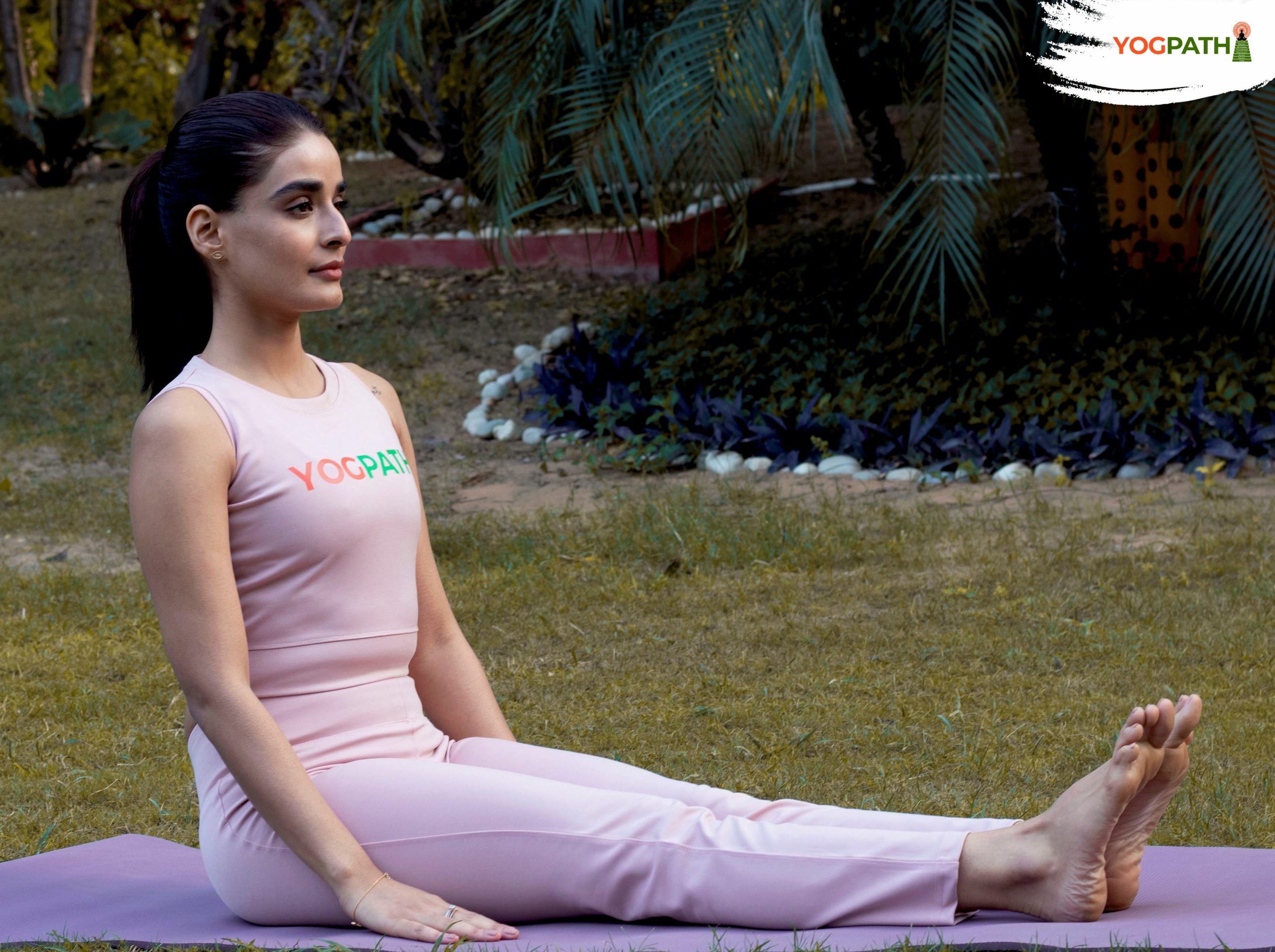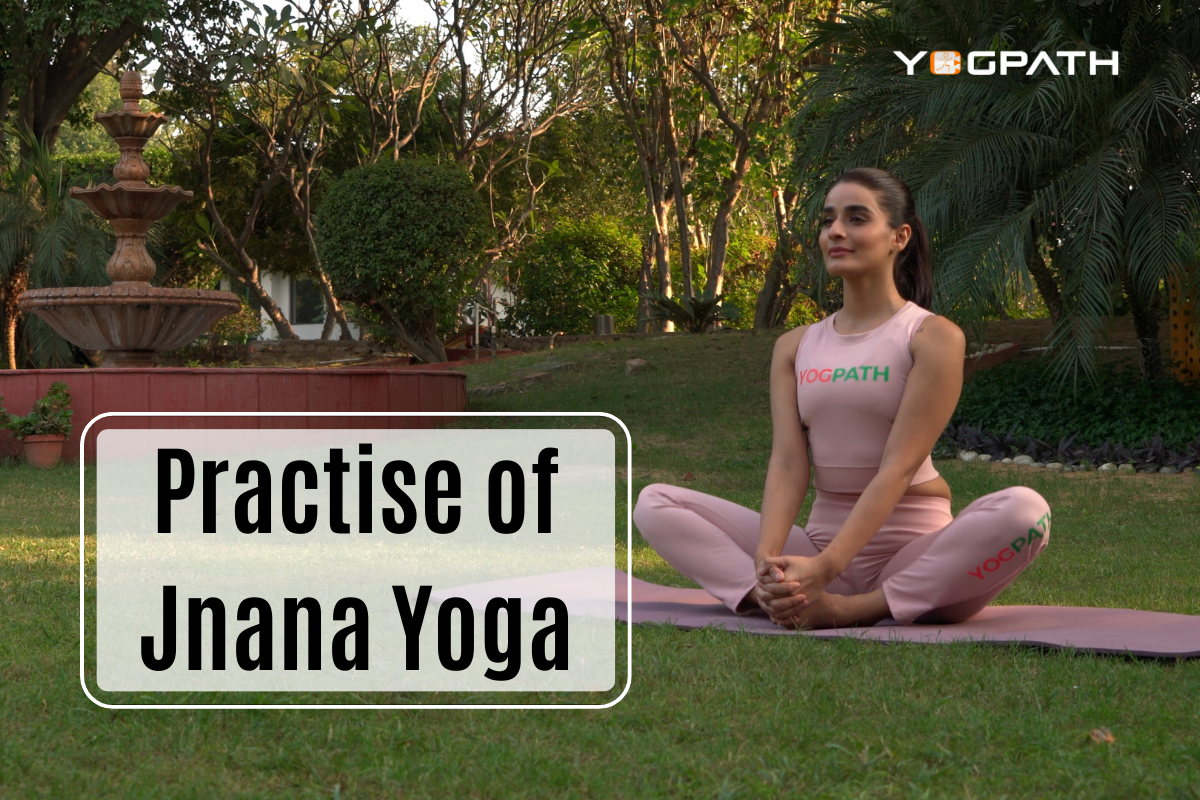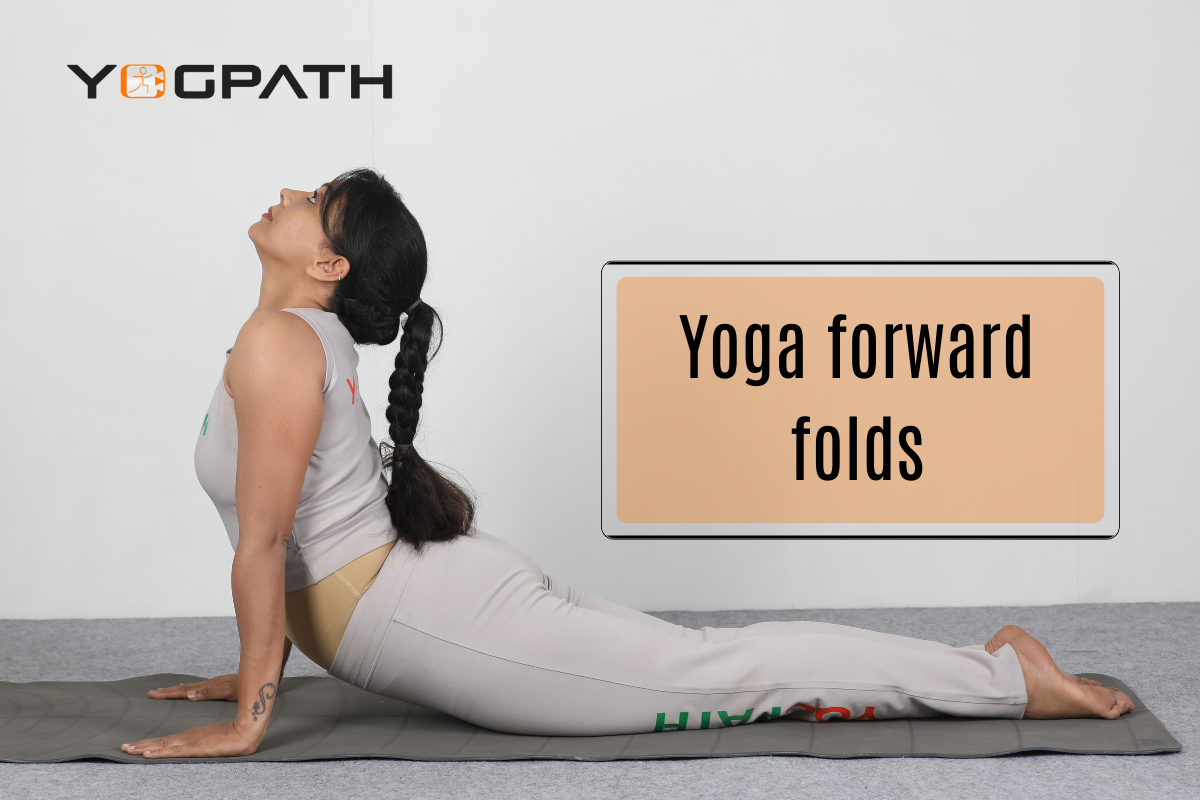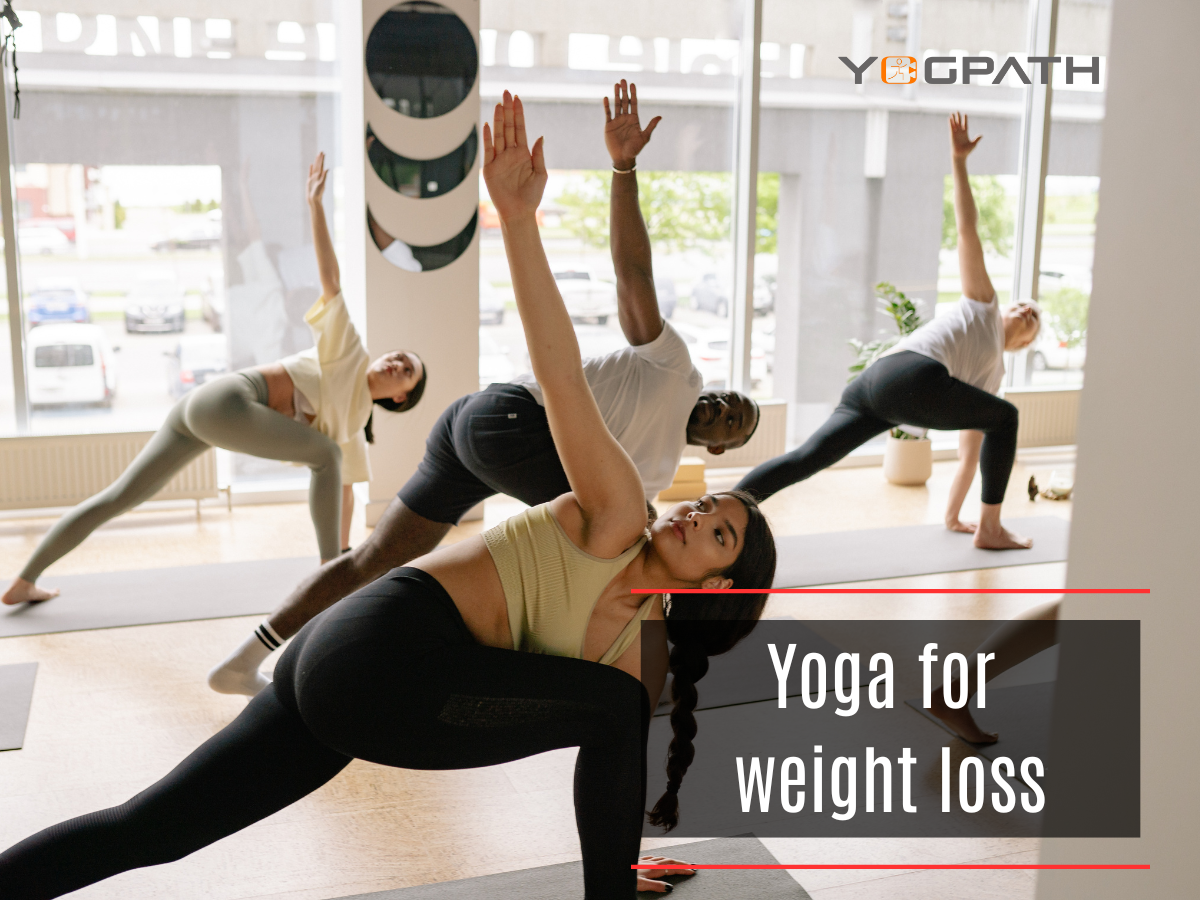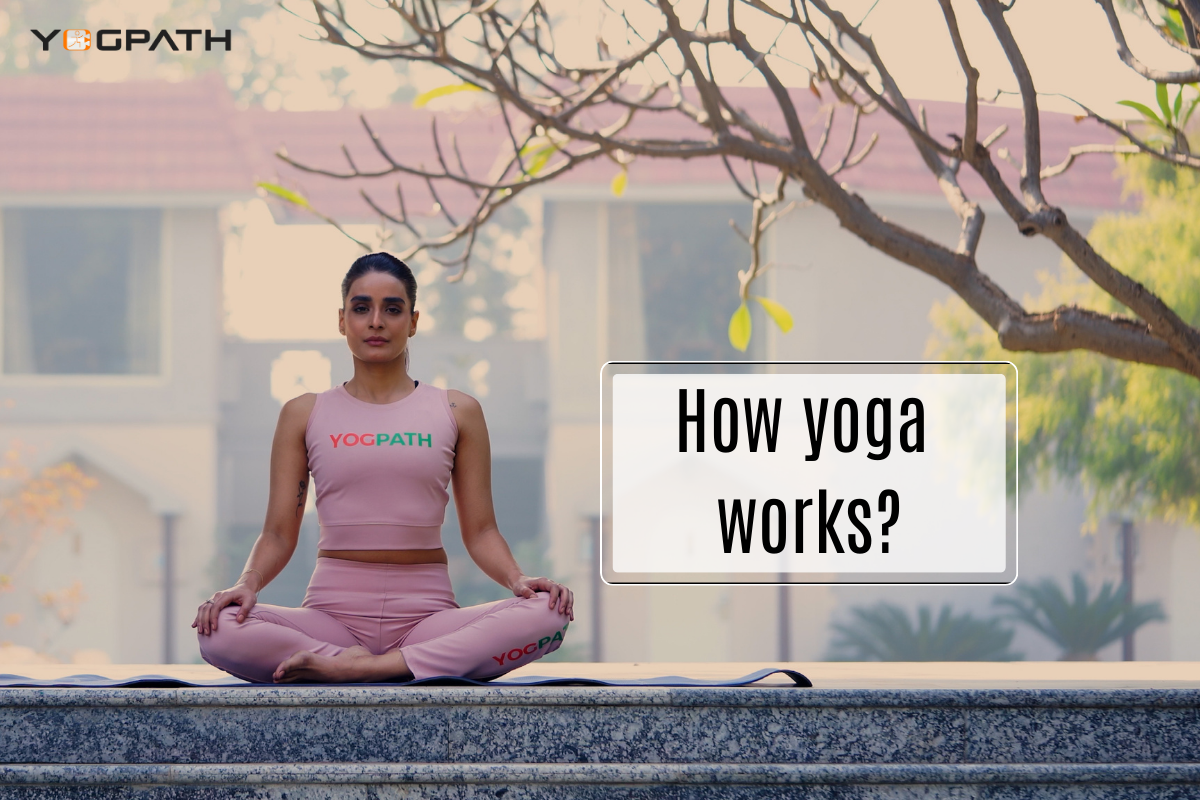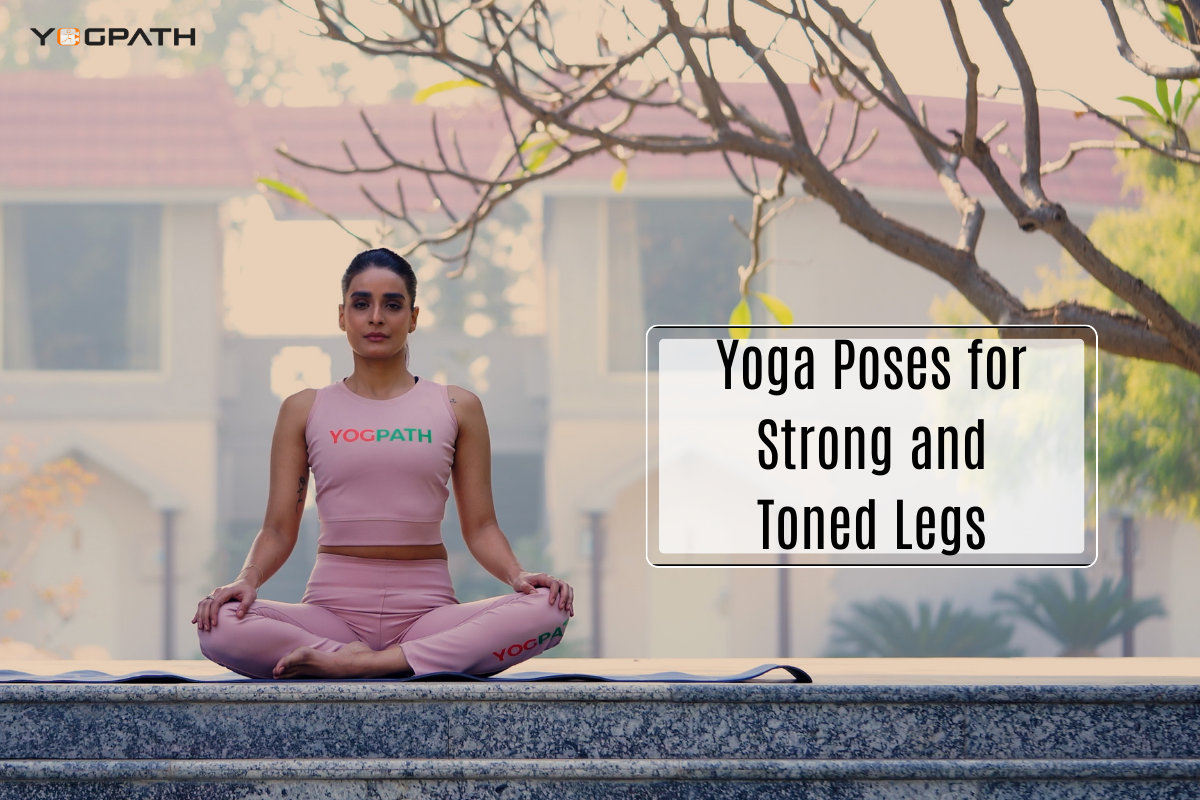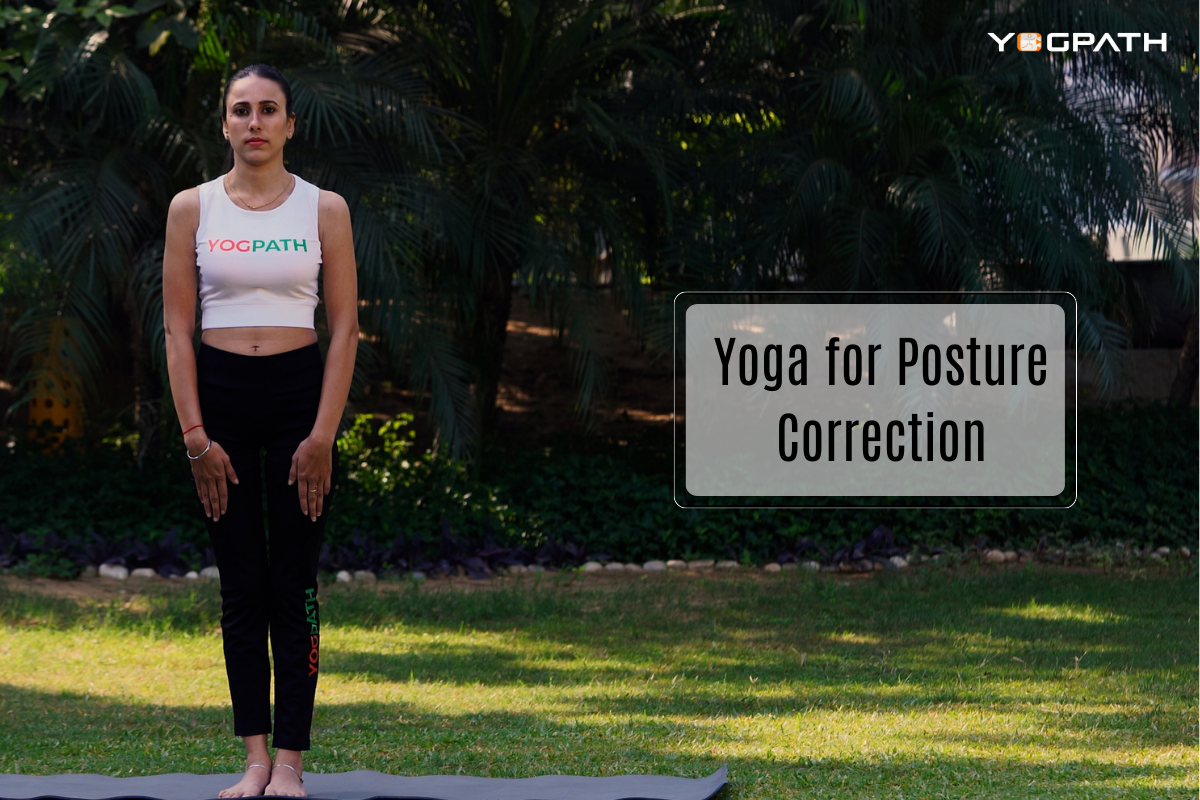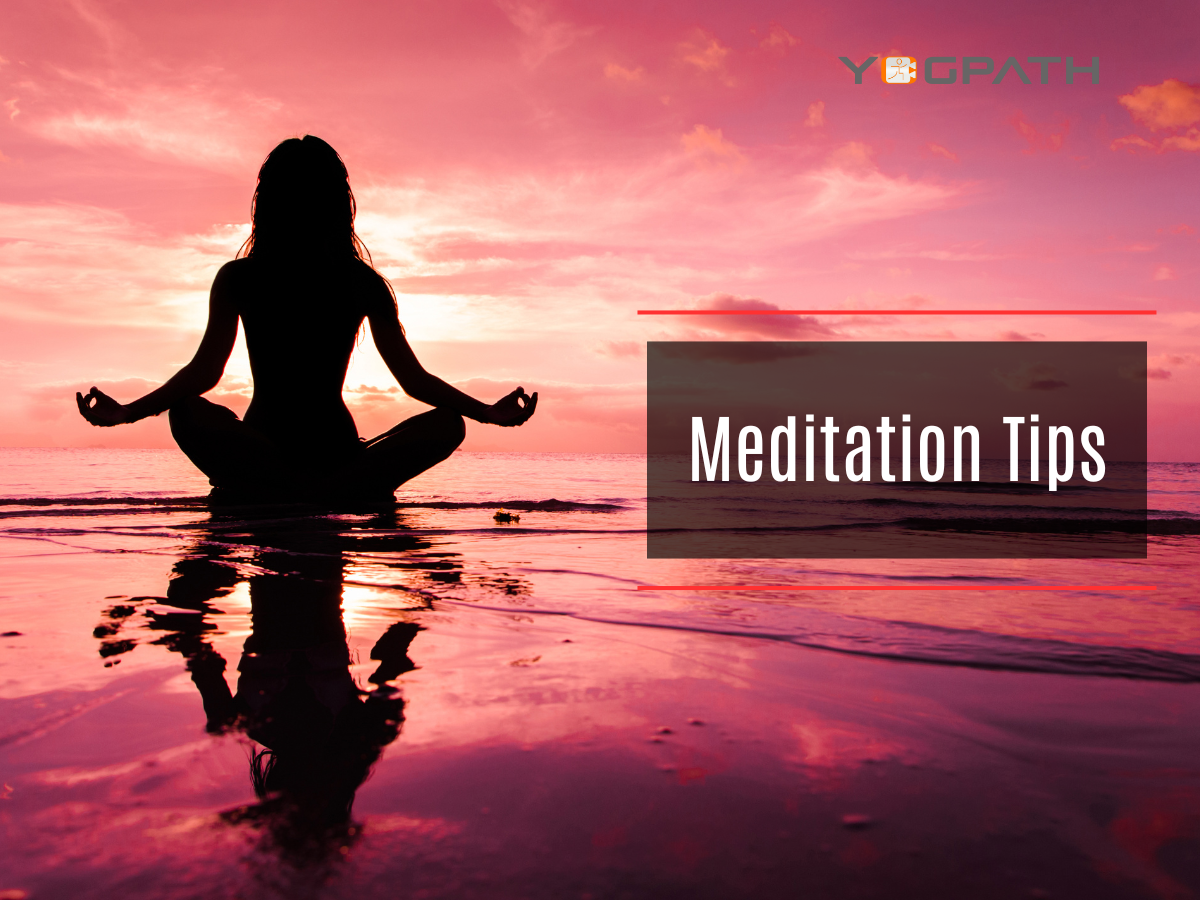
It’s common knowledge that meditating is beneficial. The health benefits are substantial, and even a brief daily meditation practise can help us feel more at ease and in control of our lives. Many people, despite knowing the advantages of meditation, assume they are unable to practise it. For many people, some of the greatest mental blocks are:
- I’m restless and unable to relax.
- My mind won’t stop racing, and I keep thinking that I’m failing at this or should be doing something else.
If you’ve been thinking about beginning a meditation practise but are worried you won’t be able to stick with it, here are some suggestions for how to ease into a practise that is mild enough for even the most fidgety of minds.
Here are the some meditation tips
1) Meditate for one minute
Anything is possible for one minute. The following day, add one more minute, and so on… In spite of appearances to the contrary, you are capable of maintaining silence. The problem is that your mind would rather be elsewhere, so it concocts all sorts of excuses to prevent you from being here and now, like “I have too much to do.” I’d rather be doing something useful with my time than this.
When you take your mind off of how much you hate sitting still, peace of mind can begin to arise on its own. Try a walking meditation if you’re just starting out and find that you simply cannot sit still for very long.
2) Comfort matters
Sit in a way that doesn’t hurt your back or joints. Take a seat, even if it’s just against the wall. Pile up some cushions and lean back. If you feel the need to lie down, please do so (but try not to fall asleep).
3) Calm down and be grateful
When I sit down to meditate, the first thing I do is take a few deep breaths and let myself sink into an attitude of gratitude for the opportunity to pause for a while despite the constant noise and chaos around me. Being productive and having the time to relax are two things for which I am extremely thankful.
4) It’s important to start by expressing gratitude
There’s no need to focus on a specific reason for gratitude. It could be as simple as expressing gratitude for the gift of being alive right now, whatever that may entail. Peaceful/chaotic, joyful/sad, happy/boring, nice/awful,… This appreciation is not just for the content of your experiences, but for the very fact that you have access to them.
5) Just let your mind wander
In other words, this is a major development. Don’t bother trying to stifle your thoughts; you won’t be successful. Moreover, your level of frustration will increase in direct proportion to your efforts. Just open the doors and welcome them in. There will be times when your thoughts completely consume you, and other times when you will be aware of their emergence and choose to ignore them. It’s fine either way.
If you’re thinking a million things at once:
Check in with yourself every few minutes and ask, “Where is my attention right now?”
It’s possible that you’ll be shocked by the reply to that query. Perhaps you’re in the middle of a long list of things to do, thinking about how you’ll get even with someone who’s wronged you, or reflecting on the good old days. Look at where your focus is currently sitting. After that, observe the results. How long does that story continue to play in your head? Or does it go back to whatever its normal level of stillness was, or does something else occur?
A pattern in mental activity can be discerned by repeatedly asking oneself the same question and keeping track of the response. When you allow your mind to wander freely, you’ll begin to become aware of its wanderings and, more importantly, you’ll be able to determine whether or not those thoughts and stories contribute to your own growth, the growth of those around you, and the growth of all beings.
- In a quiet place, give yourself 3-5 minutes to jot down everything that’s been bothering you.
- What emerges could surprise you. Nonetheless, you “dump the stuff” (or at least some of it) that is distracting your consciousness and make a little more room for presence by doing so.
- When the three to five minutes are up, put down the pen and paper (you need not refer to them again) and start meditating.
6) Realize there is no way you can fail
A person cannot be bad at meditation unless they don’t meditate at all. Most people have the impression that meditation should only ever result in feelings of contentment and joy. This is usually not the case when we first start meditating. In the early stages of meditation, you sit quietly and allow yourself to feel whatever sensations arise in that moment.
7) Take it all in and calmly accept it
Imagine that everything that comes up in you is a guest at the experience party, and treat it as such. Having a strong desire to get up and check your phone? Try to just chill out and accept it. That long list of things you know you should be doing right now? Just chill out and take it easy. What’s that one tune from the ’90s that won’t stop playing in your head? Calmly wait with it. Observe how these impulses develop as you focus on them. Recognizing this fact alone can lessen their influence over you.
Eventually (possibly even after a few years of practise), all of those impulses and thoughts become like a television that’s always on in the background: they chatter on and on, while a deeper part of you rests in the stillness that’s behind everything.
8) Recognize that you are the stage upon which Life unfolds.
Insight into the ways in which Life manifests itself through our individual selves and the events that shape our lives can be accessed through the practise of meditation. These moments, both joyful and agonising, are what make up our lives. Life can be lived with either a busy or a quiet mind.
Life entails both the luxury of uninterrupted silence for several hours and the agony of trying to maintain that silence for even five minutes. Nothing that happens to us is ever outside of the grand design of Life.
9) Nothing that happens to us is ever outside of the grand design of Life.
Meditation is a means to an end, a way to realise the profound stillness from which all phenomena emerge and ultimately dissipate. Stillness and all that it contains can only be experienced by settling the mind and body through time, patience, and practise. Always treat yourself with compassion and gentleness. Keep your sense of humour. Having a regular meditation practise is as easy as showing up for a short period of time each day with an open mind. See what happens as a result!


